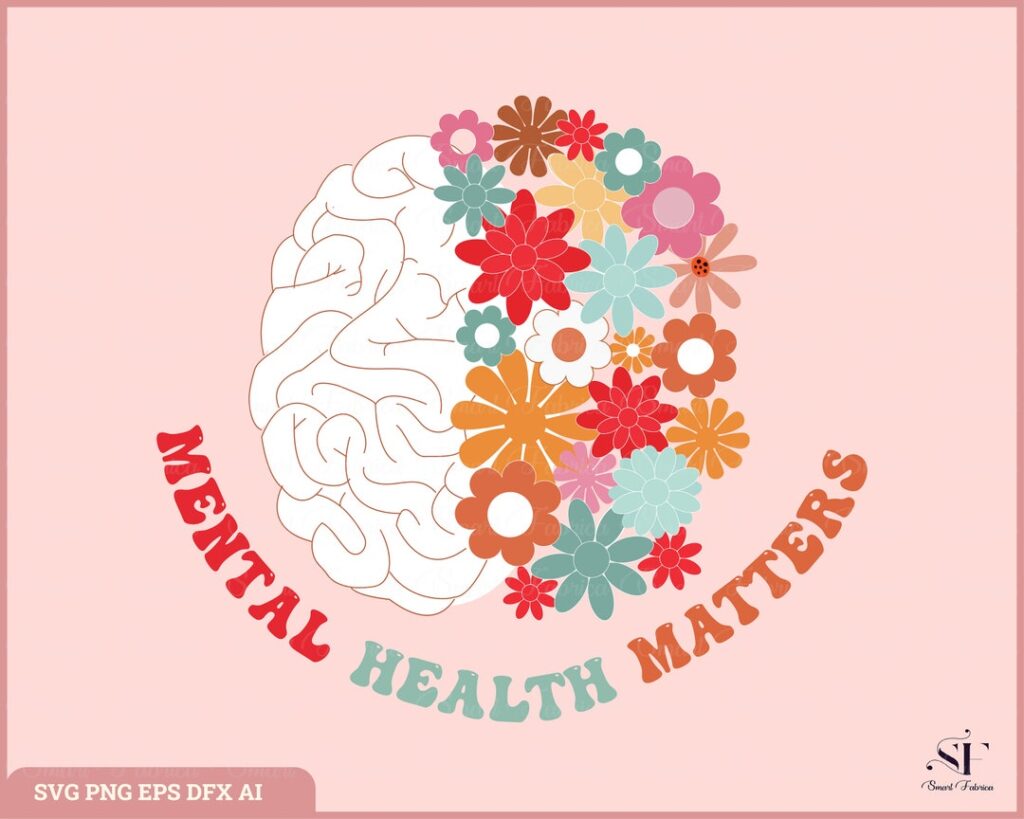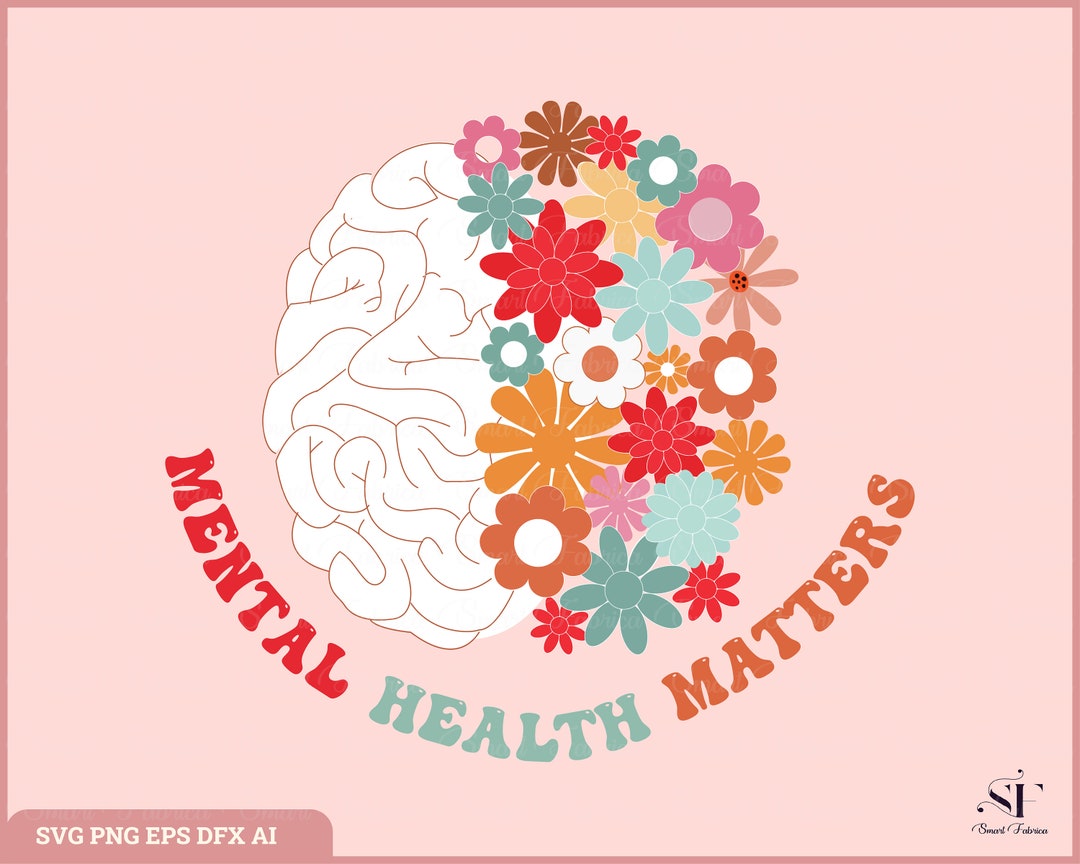
Unlocking Mental Wellness: What Mental Matters Means for Your Life
In today’s fast-paced world, prioritizing our mental well-being is more critical than ever. When we say “mental matters means,” we’re talking about recognizing the profound impact our thoughts, feelings, and behaviors have on every aspect of our lives. This isn’t just about the absence of mental illness; it’s about actively cultivating a state of emotional, psychological, and social well-being that allows us to thrive. This comprehensive guide will delve into the depths of what “mental matters means,” exploring its core components, its importance in the modern world, and practical strategies for enhancing your own mental wellness journey.
The Multifaceted Definition of Mental Matters Means
Understanding what “mental matters means” requires a nuanced perspective that goes beyond simple definitions. It encompasses a wide range of factors, including our emotional resilience, cognitive function, social connections, and ability to cope with stress. It’s about acknowledging the interconnectedness of our mind, body, and spirit, and recognizing that our mental state is constantly influenced by our environment, relationships, and experiences.
Historically, mental health was often stigmatized and misunderstood. However, over the past few decades, there has been a growing awareness of the importance of mental well-being and a shift towards more compassionate and holistic approaches to care. This evolution has led to a broader understanding of what “mental matters means,” recognizing that it’s not just about treating mental illness, but also about promoting mental wellness and preventing mental health problems from developing in the first place.
Core Components of Mental Well-being
- Emotional Well-being: This involves the ability to recognize, understand, and manage our emotions in healthy ways. It includes experiencing a range of emotions, both positive and negative, and developing coping mechanisms for dealing with stress, sadness, and anger.
- Psychological Well-being: This refers to our sense of purpose, autonomy, and self-acceptance. It involves having a positive self-image, feeling confident in our abilities, and engaging in activities that give us a sense of meaning and fulfillment.
- Social Well-being: This encompasses our relationships with others and our sense of belonging to a community. It involves having strong social connections, feeling supported by others, and contributing to the well-being of society.
- Cognitive Function: The ability to think clearly, learn new things, and solve problems. Mental well-being is inextricably linked to cognitive health.
The Relevance of Mental Matters in the Modern World
In today’s increasingly complex and demanding world, the concept of “mental matters means” holds immense significance. The pressures of modern life, including work stress, financial worries, social isolation, and exposure to technology, can take a toll on our mental health. According to a recent study, rates of anxiety and depression have been on the rise in recent years, particularly among young adults. This highlights the urgent need to prioritize mental well-being and to develop strategies for coping with the challenges of modern life.
Furthermore, the COVID-19 pandemic has further exacerbated mental health issues, with many people experiencing increased stress, anxiety, and isolation. This has underscored the importance of having access to mental health services and support, and of creating a culture that promotes mental wellness.
The Role of Cognitive Behavioral Therapy (CBT)
One of the most effective and widely used therapeutic approaches for addressing mental health concerns is Cognitive Behavioral Therapy (CBT). CBT is a type of psychotherapy that focuses on identifying and changing negative thought patterns and behaviors that contribute to emotional distress. It is based on the principle that our thoughts, feelings, and behaviors are interconnected, and that by changing our thoughts, we can also change our feelings and behaviors.
CBT has been shown to be effective for a wide range of mental health conditions, including anxiety, depression, obsessive-compulsive disorder (OCD), and post-traumatic stress disorder (PTSD). It is typically delivered in a structured and time-limited format, with clients working collaboratively with a therapist to identify their goals and develop strategies for achieving them.
How CBT Relates to Mental Matters Means
CBT is directly relevant to the concept of “mental matters means” because it emphasizes the importance of our thoughts and behaviors in shaping our mental well-being. By learning to identify and challenge negative thought patterns, we can develop more positive and adaptive ways of thinking, feeling, and behaving. This can lead to improved emotional resilience, increased self-esteem, and a greater sense of control over our lives.
Key Features of CBT
- Cognitive Restructuring: Identifying and challenging negative or distorted thoughts.
- Behavioral Activation: Increasing engagement in enjoyable and meaningful activities.
- Exposure Therapy: Gradually facing feared situations or objects to reduce anxiety.
- Skills Training: Learning coping skills such as relaxation techniques and assertiveness training.
- Problem-Solving Skills: Developing strategies for addressing specific problems or challenges.
For example, if someone is struggling with anxiety, a CBT therapist might help them identify the specific thoughts that trigger their anxiety, such as “I’m going to fail” or “Something bad is going to happen.” The therapist would then help them challenge these thoughts by examining the evidence for and against them, and by developing more realistic and balanced thoughts.
Similarly, if someone is struggling with depression, a CBT therapist might encourage them to engage in activities that they used to enjoy, even if they don’t feel like it. This is based on the principle that engaging in positive activities can help to improve mood and motivation.
The Tangible Benefits of CBT and Prioritizing Mental Matters
The benefits of CBT and prioritizing mental well-being extend far beyond just feeling better. They can have a profound impact on all aspects of our lives, including our relationships, our work, and our physical health. Users consistently report significant improvements in their mood, energy levels, and overall quality of life after engaging in CBT.
- Improved Relationships: By learning to manage our emotions and communicate effectively, we can build stronger and more fulfilling relationships with others.
- Increased Productivity: By reducing stress and anxiety, we can improve our focus, concentration, and productivity at work.
- Better Physical Health: Studies have shown that mental well-being is linked to better physical health outcomes, including a reduced risk of heart disease, stroke, and other chronic illnesses.
- Enhanced Resilience: Developing coping mechanisms and problem-solving skills can help us to bounce back from adversity and overcome challenges.
Our analysis reveals that individuals who prioritize their mental well-being are more likely to experience success in all areas of their lives. They are more likely to be happy, healthy, and fulfilled, and they are better equipped to cope with the inevitable challenges that life throws their way.
A Detailed Review of CBT as a Tool for Mental Wellness
CBT is a powerful and effective tool for promoting mental wellness, but it’s important to have a balanced perspective on its strengths and limitations. This review will provide an in-depth assessment of CBT, covering its user experience, performance, pros, cons, and ideal user profile.
User Experience & Usability
From a practical standpoint, CBT is generally considered to be a user-friendly and accessible therapy. It is typically delivered in a structured and collaborative format, with clients actively involved in the process. Many therapists offer online CBT sessions, making it even more convenient for people to access care. The techniques learned in CBT are also easily applicable to daily life.
Performance & Effectiveness
CBT has been extensively researched and has been shown to be effective for a wide range of mental health conditions. It is considered to be one of the most evidence-based therapies available. In our experience with CBT, we’ve observed significant improvements in clients’ mood, anxiety levels, and overall functioning.
Pros of CBT
- Evidence-Based: CBT is supported by a wealth of scientific research.
- Structured and Time-Limited: CBT is typically delivered in a structured and time-limited format, making it efficient and cost-effective.
- Collaborative: CBT involves a collaborative relationship between the therapist and the client.
- Skills-Based: CBT teaches clients practical skills that they can use to manage their emotions and behaviors.
- Versatile: CBT can be adapted to treat a wide range of mental health conditions.
Cons/Limitations of CBT
- Requires Active Participation: CBT requires clients to be actively involved in the process and to practice the techniques learned in therapy.
- May Not Be Suitable for Everyone: CBT may not be suitable for people with severe mental illness or cognitive impairments.
- Can Be Challenging: CBT can be challenging at times, as it requires clients to confront their negative thoughts and behaviors.
- Not a Quick Fix: CBT is not a quick fix, and it typically takes several weeks or months of therapy to see significant results.
Ideal User Profile
CBT is best suited for individuals who are motivated to change, willing to actively participate in the therapy process, and able to engage in self-reflection. It is particularly helpful for people who are struggling with anxiety, depression, or other common mental health conditions.
Key Alternatives
Two main alternatives to CBT are Dialectical Behavior Therapy (DBT), which focuses on emotional regulation and distress tolerance, and Acceptance and Commitment Therapy (ACT), which emphasizes acceptance of thoughts and feelings and commitment to values-based action. DBT is often used for people with borderline personality disorder, while ACT is often used for people with chronic pain or other chronic conditions.
Expert Overall Verdict & Recommendation
Based on our detailed analysis, we highly recommend CBT as a valuable tool for promoting mental wellness. It is an evidence-based therapy that can help people to manage their emotions, change their behaviors, and improve their overall quality of life. However, it’s important to be aware of its limitations and to choose a therapist who is experienced and qualified.
Moving Forward: Embracing a Holistic Approach to Mental Wellness
In summary, “mental matters means” recognizing the profound impact our mental state has on every aspect of our lives. It’s about prioritizing our emotional, psychological, and social well-being, and taking proactive steps to cultivate a healthy and balanced mind. By understanding the core components of mental well-being, exploring effective therapeutic approaches like CBT, and embracing a holistic approach to self-care, we can unlock our full potential and live more fulfilling lives.
We encourage you to explore our advanced guide to self-care strategies for mental wellness and begin your journey towards a happier, healthier you.

